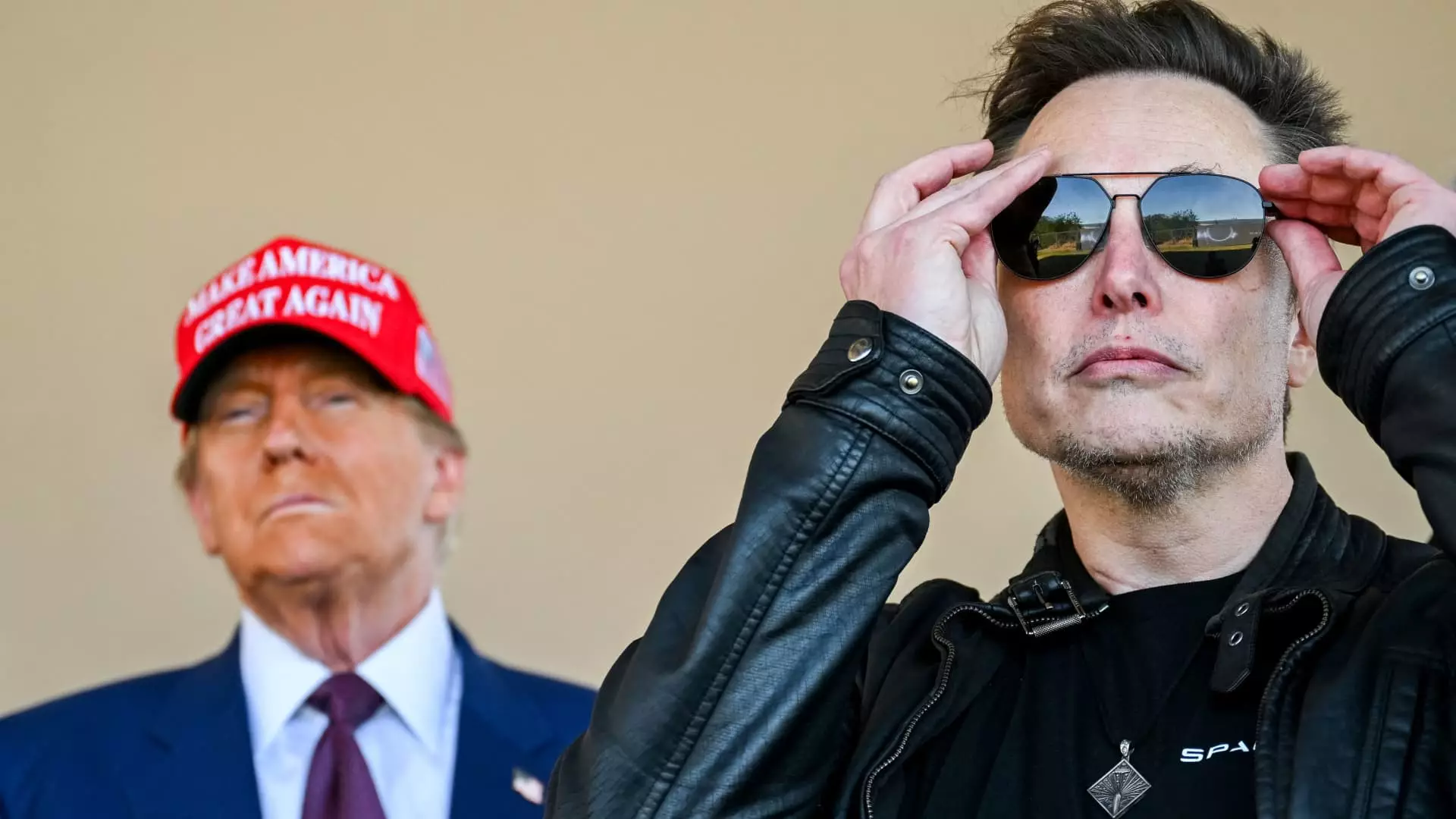Elon Musk has carved out an impressive and multifaceted business empire that spans various sectors, from electric vehicles with Tesla to aerospace innovations through SpaceX. His ventures also extend into artificial intelligence with xAI, neural technology via Neuralink, and infrastructure development through the Boring Company. Each of these companies showcases Musk’s commitment to transforming industries through pioneering technology. The complexity and interlinking nature of these businesses illustrate Musk’s strategic vision of a future underpinned by sustainable practices and advanced technology.
One substantial aspect of Musk’s businesses is the reliance on federal contracts, particularly with SpaceX, which has reportedly secured over $19 billion from government projects. This financial relationship highlights a key intersection between private enterprise and public resources, raising questions about the sustainability and ethics of such dependence. The speculation surrounding future contracts under a second Trump administration suggests that these figures could swell significantly. Experts like FedScout CEO Geoff Orazem propose that SpaceX may soon depend on billions in annual federal funding, further intertwining Musk’s interests with governmental policies.
Musk’s outspoken critique of government regulation is well documented. His narrative positions bureaucratic oversight as a hindrance to progress and innovation. His recent appointment to lead the Department of Government Efficiency (DOGE) alongside Vivek Ramaswamy underscores a calculated pivot toward deregulation that aligns with Musk’s vision. In a collaborative commentary, they argue for sweeping reforms involving the nullification of unlegislated regulations, intending to streamline government processes that they perceive as inefficient obstacles to growth.
A significant focus of Musk and Ramaswamy’s proposed reforms is the large-scale auditing of federal agencies, particularly shedding light on the Pentagon’s continuing audit failures. This call for accountability may suggest a move to influence federal agencies to operate with greater efficiency, potentially reducing oversight mechanisms that Musk perceives as detrimental to his enterprises. Such measures could empower Musk by lessening regulatory burdens, allowing him to harness government contracts without the constraints of excessive oversight.
While Musk’s approach to navigating his businesses amidst a shifting political landscape raises intriguing questions about corporate governance and public accountability, the implications extend beyond his enterprises. This intersection of powerful private interests with government policymaking could reshape the landscape of innovation and regulation in the United States. If successful, Musk’s endeavors to promote deregulation may lead to a new era of technological dominance, albeit at the potential cost of reduced public oversight and accountability.
Elon Musk remains a polarizing figure whose influence extends deeply into both the technological and political arenas. As he navigates this complex landscape, the potential for both innovation and controversy is profound, prompting ongoing discussions about the intertwining of government and corporate interests in shaping the future of commerce and technology.


Leave a Reply